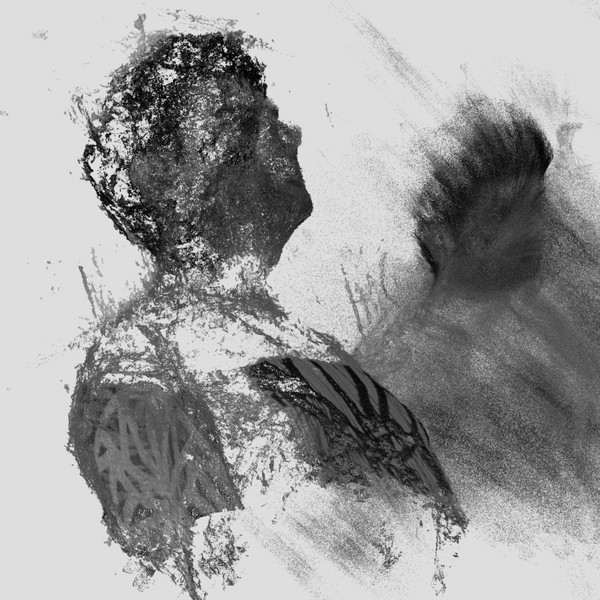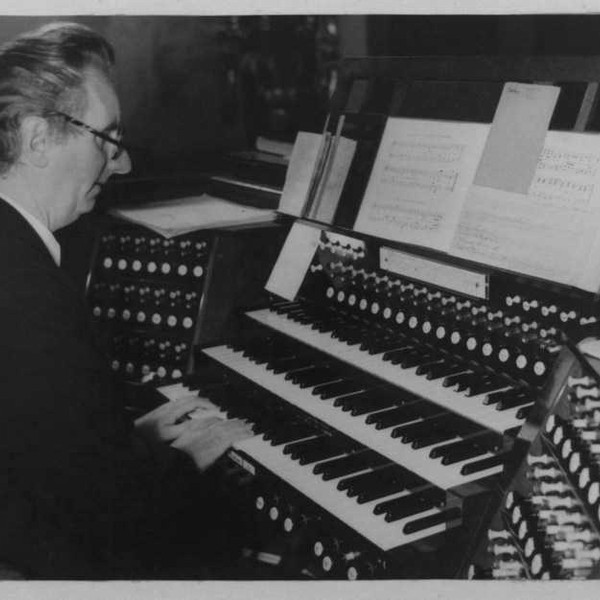‘Non udite lo parlare?’ (Don’t you hear it speak?)
Playing with Eloquence: Rhetorical Phrasing and its Technical Consequences for String Players.
BACKGROUND AND MOTIVATION
Corelli’s famous advice to a student encapsulates the musical strategy of performers in the 17th and 18th centuries. Some musicologists and practitioners of our time have argued that the Baroque style, as we (somewhat clumsily) call it today, should rather be labelled the Rhetorical – or Eloquent – style, as the rhetorical devices permeate both compositional processes and performance strategies from Monteverdi to Bach.
The ideological gap between the historical and traditional approaches to musical interpretation has been practically eliminated in the recent decades. Modern students today have already at early stage of their studies access to historical information, while students specializing on period instruments approach the historical information as an expressive means towards, rather than fundamental aim of musical interpretation.
These tendencies are reflected in some recent organizational re-thinking of the early music education at the Music Academies in Europe, manifested as a clear turn away from small narrowly specialized departments towards broadly defined platforms for performance practice with projects and workshops reaching across all of the departments.
With the historical perspective as a starting point, my project will contribute to enhance a dialogue about relevant issues of musical interpretation challenging some traditional assumptions and divisions between Historically informed and modern performance practices. Questions like:
Does the “talking” bow articulation disrupt the (modern) sound production principles?
Are the Saraband or the Loure historical bowing patterns go against the modern bowing aesthetic?
How does experience of playing with the baroque bow inspire the modern bow experience?
Does embodying of the kinesthetic elements of dance and speech into playing necessarily entail limitations in technical abilities?
But also:
Is the modern technique applicable on the baroque violin?
Are the historical concepts of violin technic compatible with modern schools?
What would Leopold Mozart teach, or learn from, Pinchas Zukerman?
Process and structure
This research project will consist of individual research, study, interviews and experiments, as well as joined lectures, projects and workshops with colleague teachers at the RDAM, as well as guest teachers and lecturers (i.e. Concerto Copenhagen musicians)
The regular weekly sessions of the RDAM’s Baroque orchestra will be thematically structured and open for participation (soloistic performances, observation, discussion) creating a student network for possible collaborations, group lessons, consultations, where the historical elements are creatively challenged in practice.
Results
Video material from the workshops, interviews and lectures will be edited and thematically organized into a homepage with an open-ended discussion possibility. The final presentation will include a concert with selected repertoire from the workshop.
Apart from the artistic and research issues, the project aims to contribute to build a modern platform for early music education, where an active and vibrant environment nurtures a continuing creative dialogue and inspiration across the departments of the Academy.
Partners
Concerto Copenhagen
Time frame
Autumn 2021 – Autumn 2022



